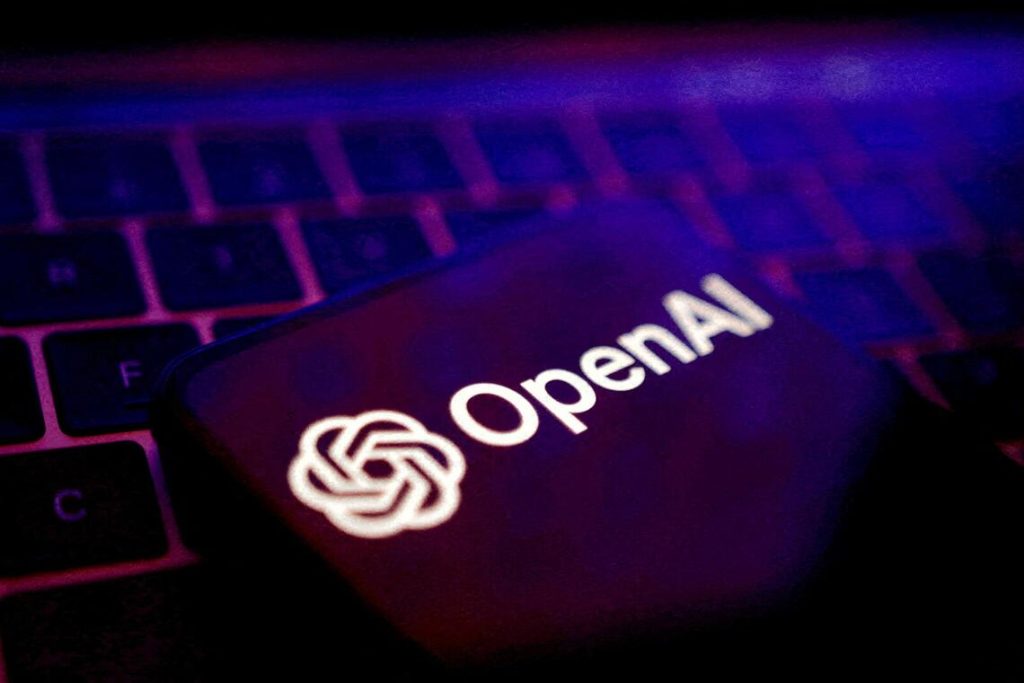SAN FRANCISO – OpenAI on Sept 30 released Sora 2, its most advanced video generation model yet, alongside a TikTok-style social app that will let users insert themselves into AI-created scenes through a feature called “cameos”.
The company behind ChatGPT described the release as a major leap forward in artificial intelligence’s ability to create realistic video.
The system can now generate synchronised dialogue, sound effects, and physically accurate motion, according to the company.
“Sora 2 can do things that are exceptionally difficult – and in some cases outright impossible – for earlier video generation models,” OpenAI said, pointing to examples like capturing Olympic gymnastics routines or basketball moves.
Unlike earlier systems that would “morph objects and deform reality” to fulfill text prompts, Sora 2 better follows real-world physics, the company said.
Sora 2 replaces the 2024 release of Sora and represents the latest salvo in the AI arms race that began with ChatGPT’s launch in 2022.
In video generation,
OpenAI faces stiff competition from Google, Runway AI, and Midjourney
, all of which offer apps that can produce short clips in seconds – tools that are either celebrated or feared as potential replacements for human-created content.
Perhaps more surprising than Sora 2 itself is the standalone social app, Sora.
The platform will allow users to appear in AI-generated videos with what OpenAI calls “remarkable fidelity” of both appearance and voice.
“We think a social app built around this ‘cameos’ feature is the best way to experience the magic of Sora 2,” the company said.
The app is currently available by invitation only in the United States and Canada.
The Sora 2 video generator will initially be free with “generous limits,” though usage will be constrained by the shortage of computing power needed for video generation.
On the app, users can share their creations in a feed similar to TikTok or Instagram Reels.
Meta, which owns Instagram, last week added its own AI video feed called Vibes to encourage users to experiment with image generation on its Meta AI app.
The rapid-fire release of increasingly powerful AI tools comes amid growing concerns about AI-generated content proliferation and the environmental toll of the massive computing power required to create it.
OpenAI also acknowledged the ongoing debate about social media’s impact on mental health – including worries about “doomscrolling, addiction, and isolation” – and said it is implementing safeguards like user well-being checks and content controls. AFP

